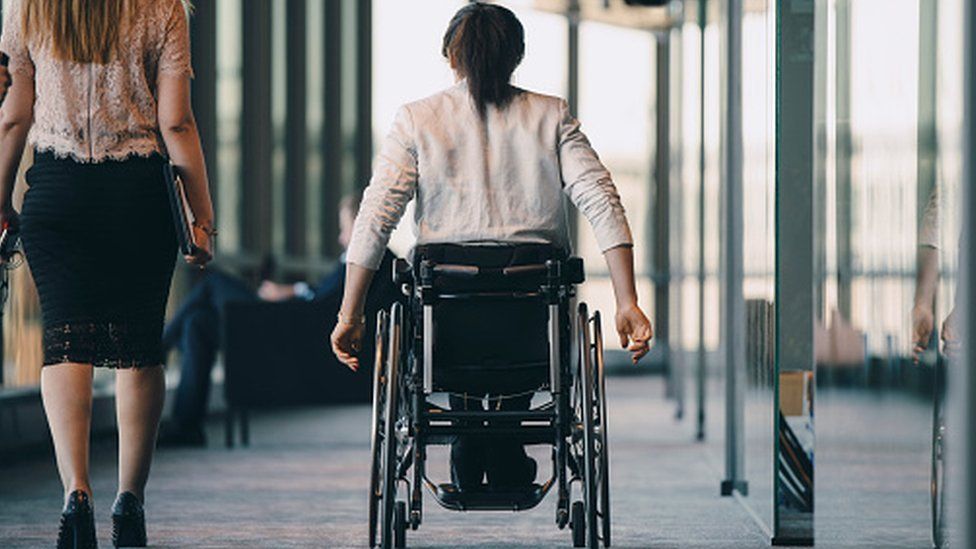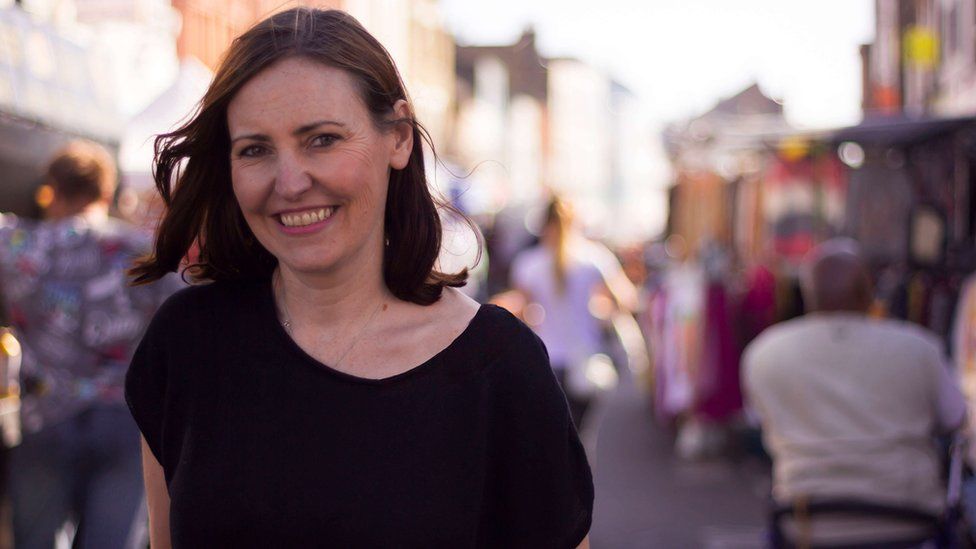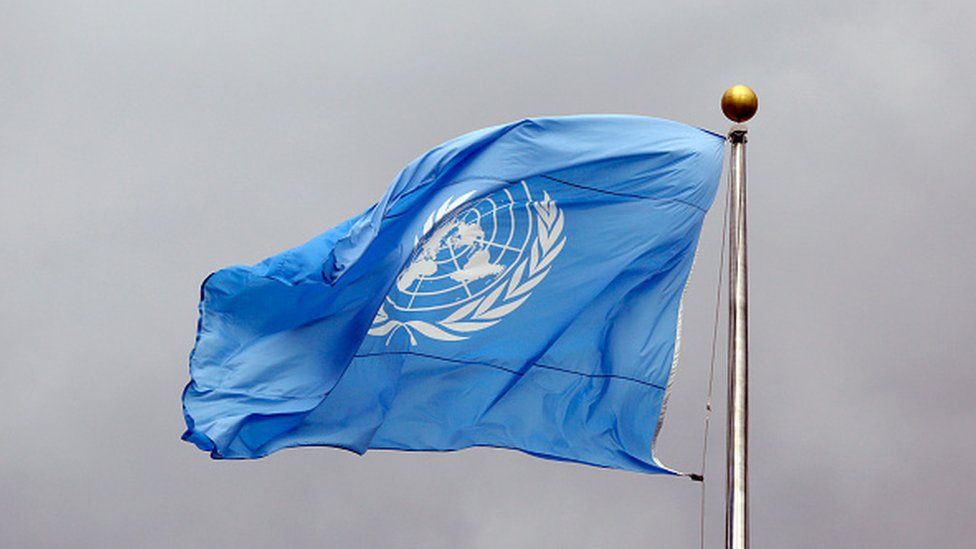
Labour has accused the government of "not taking seriously" commitments made under a UN treaty designed to protect the human rights of disabled people.
It comes after a UN advisor said evidence showed the government's Work Capability Assessment programme (WCA) led to 600 suicides in three years.
The government has insisted it is committed to implementing the treaty and plans to phase out WCAs.
The UK is currently the only signatory to be found in breach of the UN treaty.
Shadow disabilities minister Vicky Foxcroft spoke out following Britain's long-delayed appearance before the UN's Committee on the Rights of Persons with Disabilities (UNCRPD) in Geneva at the start of the week.
The session was intended to give the government another chance to present evidence of the progress it has made towards fulfilling the requirements of the disability treaty.
At the hearing, the UN's Special Rapporteur, Laverne Jacobs, asked British civil servants in attendance to respond to evidence she had seen on the impact of the controversial WCA programme.
She stated the programme was linked to approximately 600 suicides in three years and had triggered mental health problems for others who had undertaken the assessment.
WCAs were implemented in 2008 to assess the extent to which any disability or illness limits a claimant's ability to work, according to government criteria. The outcome determines a person's entitlement to certain benefits to help with day-to-day living costs.

Labour's Ms Foxcroft told the the BBC "The government talk about their action plan and strategies, but that's not the experience of disabled people.
"I'd like them to listen and take this seriously, and stop pretending everything's fine, when we know it's not."
Formally known as The United Nations Convention on the Rights of Persons with Disabilities, the convention is a set of rules intended to protect the rights of "any person who has an impairment, illness, injury or health condition and who may face barriers to being included in society".
It stipulates, for example, that disabled people should have the right to work and to have social protection.
The treaty also calls on signatory nations to take "practical action" to combat prejudice and harmful practices against disabled people.
Breach
The UK signed the disabilities convention in 2009, but it has still not been incorporated into British law.
In 2016, an inquiry by the UN's Committee on the Rights of Persons with Disabilities (UNCRPD) found that the UK was in breach of three of the Convention's articles
The same inquiry found that welfare reforms introduced since 2010 had "adversely" affected disabled people.
The Committee issued a number of recommendations to rectify the situation.

The delegation's appearance in Geneva this week had been scheduled for August last year, but British officials failed to attend.
At this week's session, a second UN Special Rapporteur, Rosemary Kayess, told the hearing that "reforms within social welfare benefits are premised on a notion that disabled people are undeserving, and are skiving off and defrauding the system".
In her evidence, the deputy director of the Cabinet Office Disability Unit, Alexandra Gowlland cited both the government's National Disability Strategy and the Disability Action Plan, which she said demonstrated the UK's "ongoing commitment to support disabled people".
A number of disabled people's organisations (DPOs) also sent delegations to the session.
Speaking from Geneva, Rensa Gaunt, communications manager for Inclusion London - which campaigns for equality for deaf and disabled people - told BBC "You would think the government would listen to the UN, or would at least be embarrassed to be in breach of the convention it signed up to, but it isn't."
Minister for Disabled People Mims Davies told the BBC the government was determined to make the UK "the most accessible and, importantly, equal place to live in the world".
